Plant protein sources are often underappreciated due to being an “incomplete” or “low quality” protein. However, an increase in one’s plant protein intake may be the solution to reverse the negative results from animal protein, such as some chronic diseases.
Complete vs. Incomplete Protein
Though plant proteins can be low in some of the 9 essential amino acids, these amino acids can be made up by consuming other plant foods with the necessary nutrients. Plant foods overall offer a wide range of other health benefits by being high in fiber, low in calories, and full of vitamins, minerals, and antioxidants.
Animal products, like meat and dairy, are often preferred over plant foods due to their protein content. However, focusing too much on the “completeness” of a protein source can be the wrong approach. Though they may be a complete protein, animal proteins tend to be high in saturated fats, increasing the risk for heart disease and stroke.
Plant protein sources, while mostly incomplete, can be easily made into complete sources by coupling them with other plants. Cereals like rice and wheat, for example, are low in the amino acid lysine, while legumes like beans and lentils are high in lysine and low in methionine. By mixing the two, we create a complete protein source – as easy as mixing rice and beans!
Other plant foods, like soy and quinoa, are complete protein sources on their own by offering all 9 essential amino acids. This not only achieves nutrients and protein but a higher vegetable intake overall. By focusing on eating more plant foods and in greater variety, we can improve our health dramatically without having to worry too much about a protein deficiency.
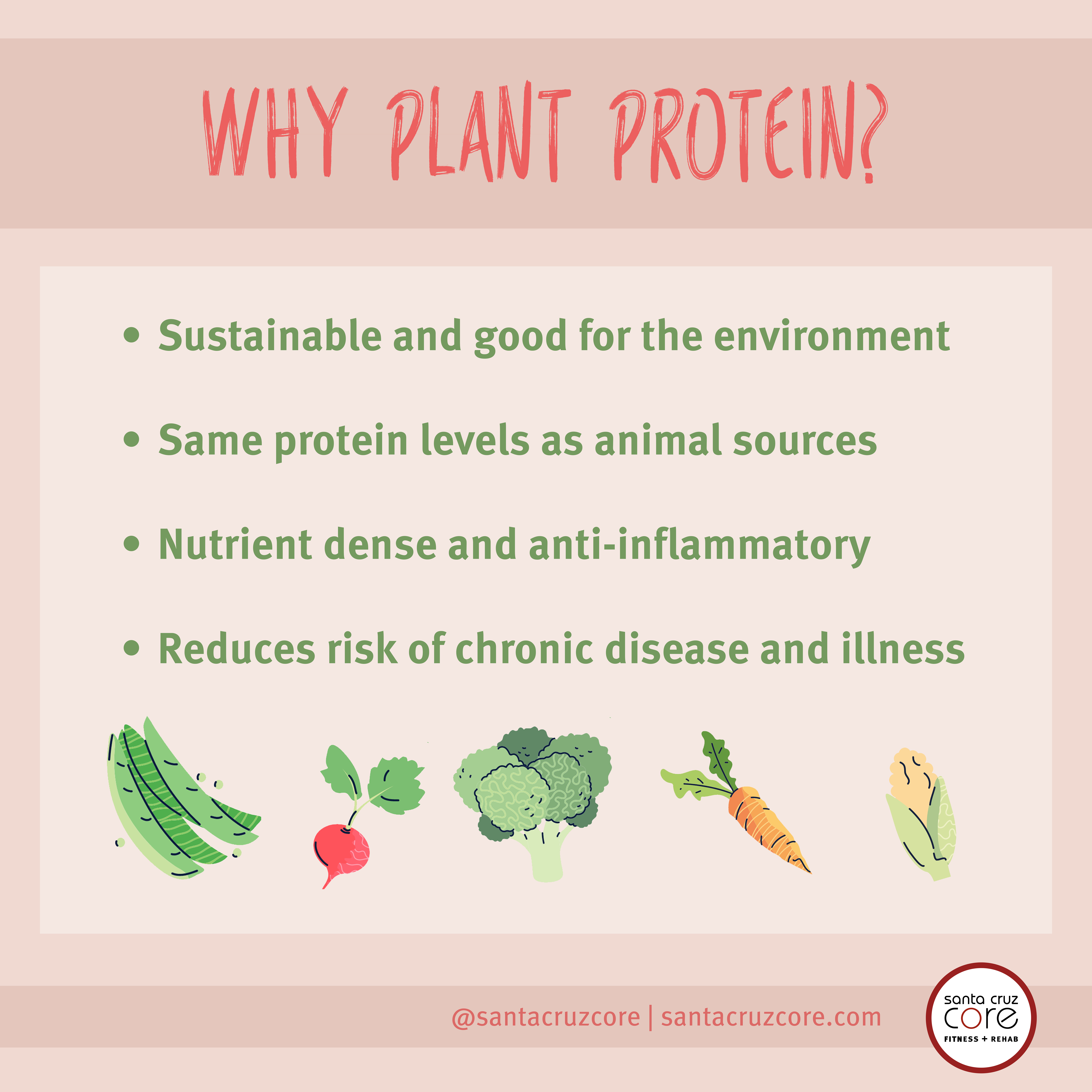
Benefits of Plant Protein Sources
Plants are excellent sources of the dietary fiber needed to maintain a healthy digestive system and a healthy blood cholesterol level (plants don’t have any!). Vegetables are an excellent source of phytochemicals as well, many of which have antioxidant and anti-inflammatory effects on the body that counter the development of chronic diseases, like heart disease and cancer.
Plants are also nutrient-dense and offer more nutrients per calorie than most foods. Meaning we can stay nourished and practice calorie-control with ease by eating more plants. Now, this does not mean that all plant-based foods will benefit health. Highly processed plant foods like potato chips, unnatural peanut butter, and white bread are still high in calories, unhealthy additives, and sugar. Ideally, we can consume natural whole plant foods like legumes, whole grains, and vegetables to cultivate the healthiest diet possible.
Sustainability
Eating plant protein over animal protein is also more sustainable and extremely beneficial to the environment! According to Sabate and Soret (2014), plant foods require less natural resources and are less taxing on the environment. Dana Hunnes from UCLA explains that it costs 20 to 80 gallons of water to produce 1 g of animal protein, while it costs only about 6 gallons of water to produce 1g of plant protein (soy)(n.d.). Eating more plant-based protein not only benefits our own health, but the health of the environment as well.
Try incorporating more plant-based protein into your daily diet. Start by swapping rice for quinoa and adding hemp seeds into smoothies! With these small changes, you can improve your nutrient intake, consume more fiber, control your calories, lower your risk for chronic diseases and help the environment!
References
- Brown, A. C. (2019). Understanding food: Principles and preparation (6 th ed.). Singapore: Cengage Learning Asia Pte.
- Sabat, J., & Soret, S. (2014, June 04). Sustainability of plant-based diets: Back to the future. Retrieved from https://academic.oup.com/ajcn/article/100/suppl_1/476S/4576675
- Hunnes, D., PhD, MPH, RD. (n.d.). The Case for Plant Based. Retrieved November 30, 2020, from https://www.sustain.ucla.edu/our-initiatives/food-systems/the-case-for-plant-based/
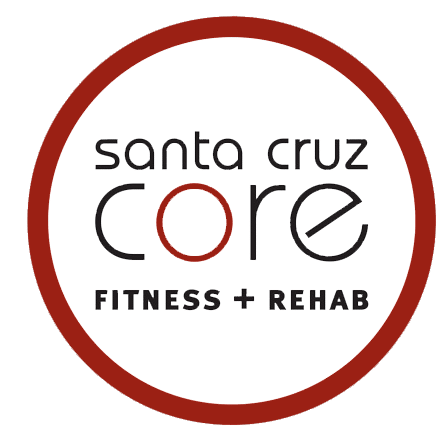
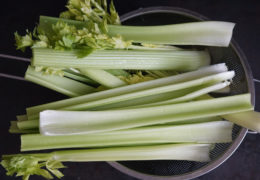
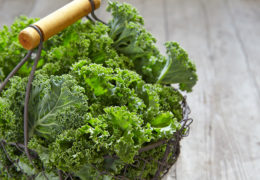
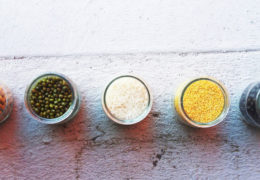
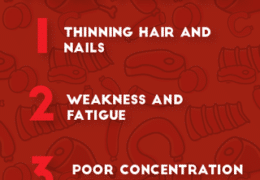
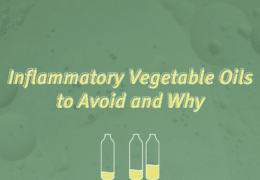
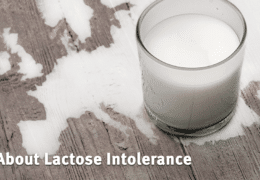


Leave a Reply